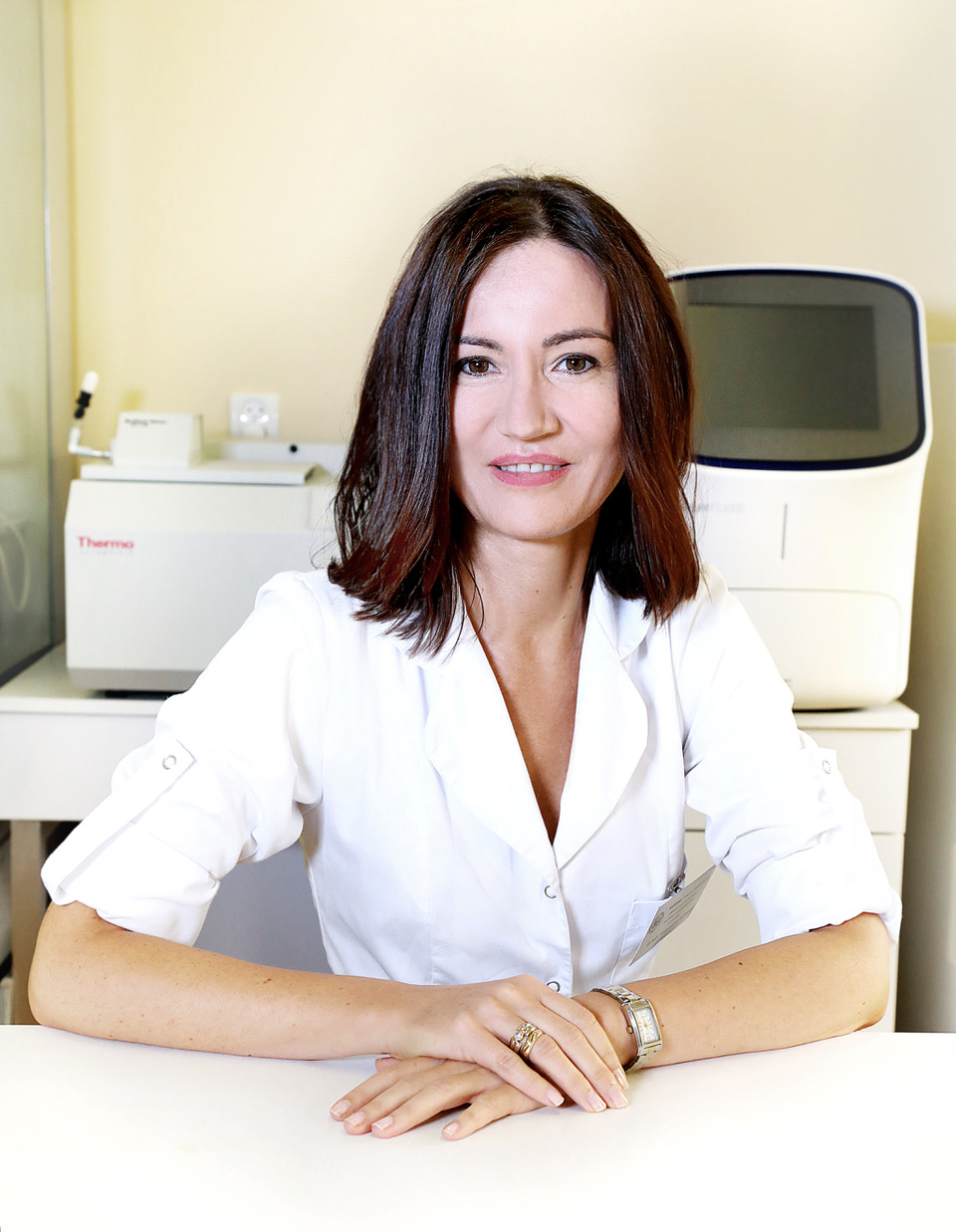An interview with Małgorzata Kujawska, Ph.D., D.Sc. Professor of Poznan University of Medical Sciences on January 13, 2024 by George Ackerman, Ph.D, J.D.

Please tell me a little about your background.
I am an Associate Professor at Poznan University of Medical Sciences. My research work is focused on therapeutic and neuroprotective approaches against Parkinson’s disease. I am passionate about the possibility of developing technologies used in this disease, from diagnosis to prevention and treatment. I am keen on applying multidisciplinary ways. My current research project deals with a new graphene-based approach targeting the prion-like propagation of α-synuclein in Parkinson’s disease.
Can you tell me more about your organization?
Poznan University of Medical Sciences, with modern didactic models and core facilities, is one of the leading medical universities in Poland. The University is also a strong research centre employing over 1,000 scientists, including almost 200 professors.
What is your passion and how did you get involved in Parkinson’s awareness and hope for a cure?
I am involved in fundamental research on the cure of Parkinson’s disease. I am interested in the gut-brain axis and relevant opportunities for novel approaches to the disease. My previous project was focused on the neuroprotective activity of urolithin A generated by colon microbiota from ellagitannins – a class of dietary phytoconstituents. Now, I am studying a nanotechnological solution with the use of graphene-based nanostructures to target synucleinopathy.
What type of goals do individuals with Parkinson’s have when working with you?
I work on solutions to treat Parkinson’s disease at a very early stage thus PD patients are not involved in the experimental research.
What type of training and how long are the programs?
The research is performed in animal models at this stage.
What effect can it have on an individual with Parkinson’s?
I demonstrated in an in vivo study that pomegranate juice rich in ellagitannins and urolithin A, its neuroactive metabolite, hold promise to be used in neuroprotective strategy in individuals with Parkinson’s.
What would you like to see as a future goal for your programs?
A novel agent with disease-modifying activity.
What events do you participate in?
Scientific events.
How can someone get in touch? What is your website?
You can read more about me on my personal website malgorzatakujawska.com or get in touch via LinkedIn www.linkedin.com/in/
In your opinion what is the key to effective advocacy?
Advocacy is critical to raise awareness that this is a devasting disease with no effective cure options. This unmet need requires intensive and rigorous research and related funding to figure out ultimately a solution.
What other activities do you undertake to help improve and support your daily living Eg exercise and alternative remedies?
Finding the Right Mindset.
Why should people who don’t have Parkinson’s care about this?
Because we don’t know the future.
If you had one final statement or quote you could leave for the Parkinson’s community, what would it be?
I strongly believe that the puzzle, which is Parkinson’s disease, will be ultimately solved.

